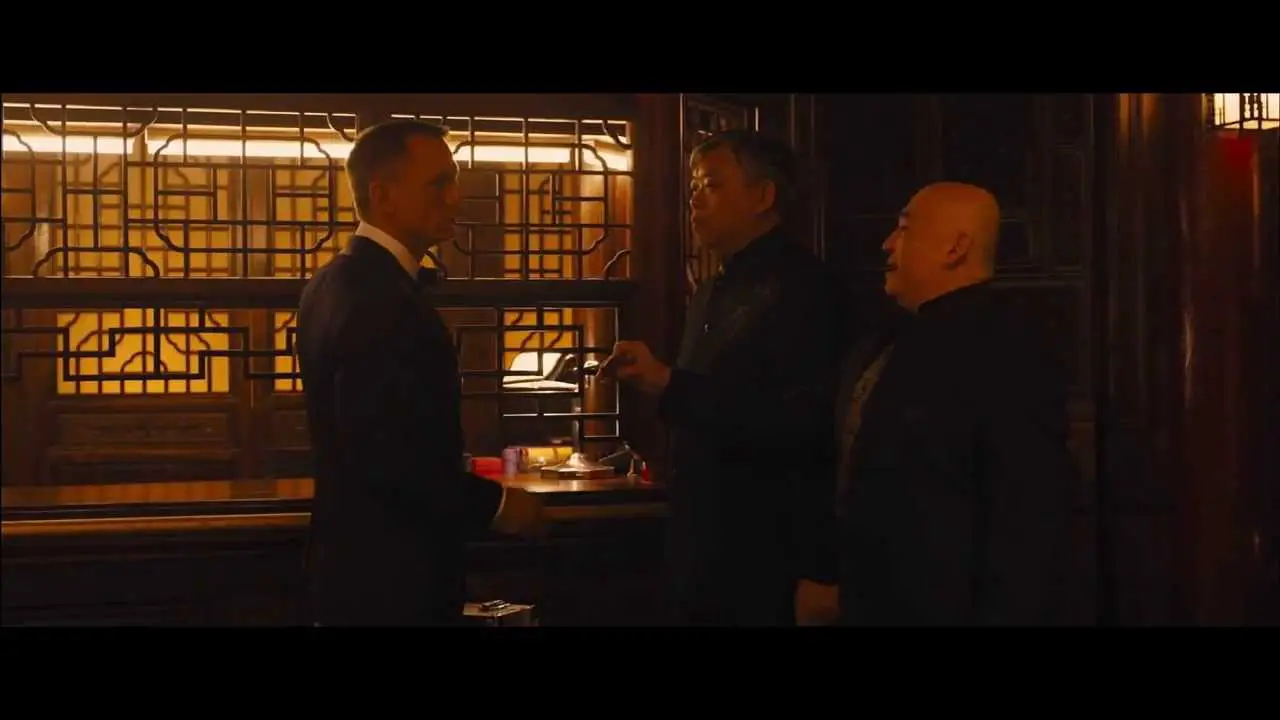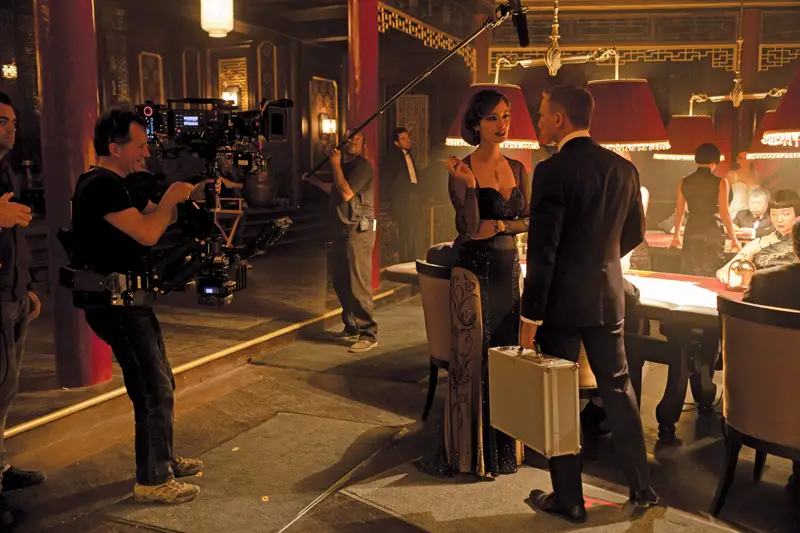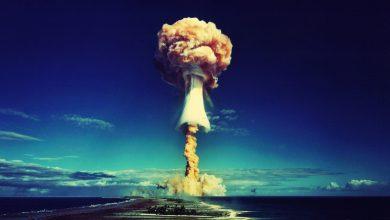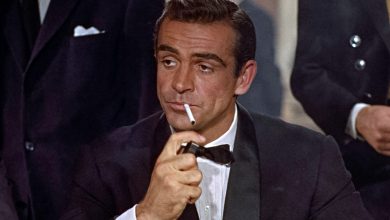Censored Scenes in ‘Skyfall’: A Closer Look at its Chinese Release!

The world of cinema often mirrors the diverse tapestry of cultures, politics, and regulations that shape our global society. In an era where international box office revenue can significantly impact a film’s success, filmmakers find themselves in a delicate dance between creative expression and regulatory compliance. The journey of the James Bond film “Skyfall” into the Chinese market serves as a compelling case study in this intricate balance. By dissecting the changes made to the film to appease the Chinese government and audience, we delve into the nuanced realm of cultural adaptation and censorship within the cinematic realm.
Key Takeaways: Navigating Choppy Waters for Silver Screen Success
- Strategic Adaptations for Chinese Market: “Skyfall,” a global blockbuster, underwent significant alterations to make its way into the lucrative Chinese film market. Scenes set in Shanghai and Macau, involving sensitive topics like prostitution and torture, were edited or subtly changed to adhere to Chinese regulations.
- Censorship and Cultural Sensitivities: The alterations in “Skyfall” highlight the lengths to which Hollywood studios must go to secure access to China’s vast audience. While these changes ensure a smoother distribution process, they also raise questions about artistic freedom and the impact of censorship on storytelling.
- Balancing Act for Future Narratives: The alterations made to “Skyfall” could set a precedent for how future narratives are shaped to align with Chinese sensitivities. As studios tap into the Chinese market’s potential, creative decisions might increasingly cater to regulatory demands, potentially influencing character backgrounds, plotlines, and overall cinematic narratives.
Prostitution and Torture Censored from Skyfall to Appease Chinese Market
In a strategic move to navigate the complex landscape of the Chinese film market, the highly successful James Bond film, “Skyfall,” underwent significant edits before its release. The alterations were aimed at avoiding offense to the Chinese government and audience, resulting in an adapted version that carefully sidestepped politically and culturally sensitive content.
Bond’s Chinese Odyssey
Directed by Sam Mendes, “Skyfall” proved to be a sensation in the UK, but its journey to the lucrative Chinese film market hit several roadblocks due to certain narrative elements set in Shanghai and Macau. Particularly, scenes involving a French hitman’s encounter with a Chinese security guard in Shanghai and references to prostitution and corruption in China underwent meticulous adjustments.

Sensitive Storylines Softened
One of the most prominent changes involved the backstory of the villain Raoul Silva, portrayed by Javier Bardem. Originally depicted as a former MI6 operative who faced torture at the hands of the Chinese government while stationed in Hong Kong, Silva’s connection to China was entirely expunged from the adapted version. This modification was aimed at avoiding any negative portrayals or references to the Chinese government.

Delicate Dance in Macau
The film’s narrative takes Bond and the character Severine, played by Berenice Marlohe, to a casino in Macau, where he inquires about her tattoo, hinting at an infamous prostitution ring. While the scene itself remained intact, the subtitles were altered to refer to a gang instead, carefully steering away from the contentious topic of prostitution.

China’s Film Market Dynamics
China’s film market is a tightly regulated domain, with a cap on the number of foreign films allowed for screening. Films that critique the country or its government are promptly rejected for distribution. This regulatory stance has driven studios to adapt their content to align with the sensitivities of the Chinese audience and authorities, as was the case with “Skyfall.”
Hollywood’s Strategic Maneuvers
“Skyfall” isn’t the only Hollywood blockbuster that underwent changes to gain access to the Chinese market. The release of “Red Dawn,” a remake of a 1984 cult classic, saw all references to China replaced with those of North Korea. This alteration was prompted by fears of negative backlash and a desire to maximize box office potential in the Chinese market.
Implications for the Future
The Chinese market’s significance in the global film industry is undeniable. Studios and filmmakers are increasingly compelled to navigate this delicate landscape to ensure their projects’ commercial success. As actors like Daniel Craig commit to future Bond films, the strategic adaptations made for the Chinese market could potentially influence the direction of narratives and character development.

In conclusion, the journey of “Skyfall” into the Chinese market underscores the intricate balance filmmakers must strike between creative expression and aligning with China’s regulatory demands. The film’s edited version, with removed scenes and subtitled alterations, exemplifies the lengths to which studios go to secure a share of the burgeoning Chinese audience while treading carefully in the realm of sensitive political and cultural matters.
FAQ: Understanding the Changes in Skyfall for the Chinese Market
Question 1: Why were certain scenes removed from “Skyfall” for the Chinese release?
The decision to remove specific scenes from “Skyfall” for its Chinese release was primarily driven by the need to navigate the sensitivities of the Chinese government and audience. The film industry in China is subject to strict regulations, and any content deemed politically or culturally sensitive can lead to a film being denied distribution. To ensure a successful release and avoid offending Chinese authorities, the filmmakers chose to modify scenes involving controversial narrative elements, particularly those set in Shanghai and Macau.
Question 2: What changes were made to the backstory of the villain Raoul Silva?
In the original version of “Skyfall,” the character Raoul Silva had a backstory that involved torture by the Chinese government after working for MI6 in Hong Kong. However, for the Chinese release, all references to China were removed from Silva’s backstory. This alteration was made to avoid portraying China in a negative light and to prevent any potential backlash from the Chinese government or audience.
Question 3: How was the Macau casino scene altered for the Chinese release?
The Macau casino scene, where Bond and Severine discuss her tattoo, remained in the adapted version of “Skyfall.” However, the subtitled dialogue was altered to refer to a gang instead of an infamous prostitution ring. This change was intended to avoid the topic of prostitution, which is a sensitive issue in China, and to ensure that the film’s content aligned with the Chinese government’s regulations.
Question 4: Why is the Chinese film market important for Hollywood studios?
The Chinese film market has become a vital component of Hollywood studios’ global box office revenue. With a massive population and a growing appetite for films, China offers significant financial potential for filmmakers. However, gaining access to this market requires studios to carefully navigate China’s strict regulations and sensitivities, often leading to adaptations in content to ensure a smooth release and maximum box office returns.
Question 5: Are there other examples of films being altered for the Chinese market?
Yes, there are several examples of Hollywood films being altered to cater to the Chinese market. For instance, “Red Dawn,” a remake of a cult classic, replaced references to China with those of North Korea to avoid potential backlash and secure distribution in China. Similarly, other films like “Mission: Impossible 3,” “Pirates of the Caribbean: At World’s End,” and “Men In Black 3” underwent changes to align with Chinese regulations and audience sensitivities.
Question 6: Why was the release of “Skyfall” delayed in China?
One theory behind the delayed release of “Skyfall” in China was that Chinese authorities wanted to provide better opportunities for domestic films, such as “Back to 1942” and “The Last Supper,” to perform well at the box office. By delaying the release of foreign films like “Skyfall,” Chinese blockbusters had a better chance of thriving in the competitive market.
Question 7: How do studios approach the challenge of balancing creative expression and regulatory demands in China?
Studios face the intricate challenge of balancing creative expression with regulatory demands in China by making strategic alterations to their content. These alterations aim to retain the essence of the film while removing or modifying elements that could be sensitive to the Chinese government or audience. This balancing act showcases the importance of tapping into the Chinese market while respecting its unique cultural and political nuances.
Question 8: How might the adaptations made for the Chinese market influence future film narratives?
The adaptations made for the Chinese market could potentially impact future film narratives and character development. Filmmakers may consciously choose to create stories that resonate positively with Chinese audiences and align with the country’s regulatory guidelines. This influence can extend to various aspects of storytelling, from character backgrounds to plotlines, in order to ensure smoother access to the Chinese market.
Question 9: Are there any risks associated with altering films for the Chinese market?
While altering films for the Chinese market can open doors to substantial revenue, there are risks involved. Drastic alterations can compromise the artistic integrity of a film and lead to criticism from audiences who appreciate the original content. Additionally, too many modifications could result in a diluted narrative that fails to resonate with any audience, affecting the film’s overall success.
Question 10: Will Daniel Craig continue to play James Bond in future films?
Yes, Daniel Craig has committed to portraying James Bond in two more films following “Skyfall.” The series is expected to continue, with the next installment possibly arriving as early as 2014. As the franchise navigates the evolving landscape of the global film industry, it will be interesting to see how the portrayal of Bond and the adaptations for international markets, including China, continue to evolve.
Conclusion:
“Skyfall’s” journey into the Chinese market embodies the complexity of a globalized film industry, where economic interests often intertwine with cultural and political sensitivities. The adaptation process reflects both the potential for financial gain and the challenge of striking a harmonious chord between creative expression and market access. As Hollywood and international filmmakers continue to engage with the world’s diverse audiences, the story of “Skyfall” serves as a reminder of the intricate tightrope they tread, navigating the fine line between captivating storytelling and compliance with the intricate tapestry of global regulations.









